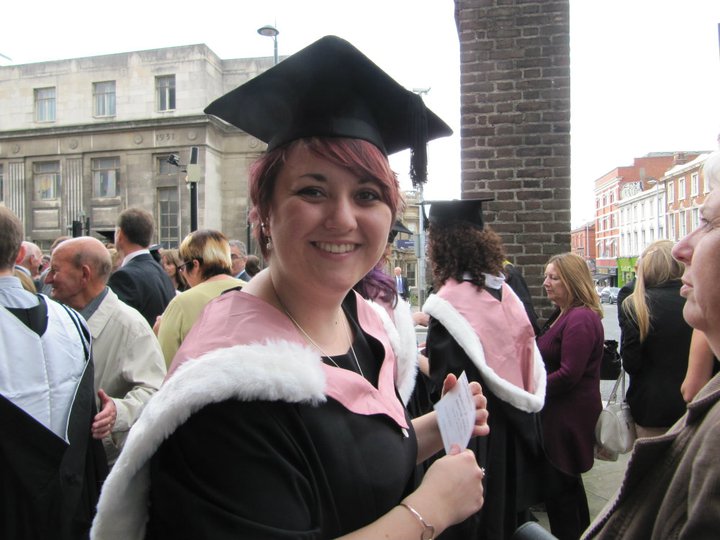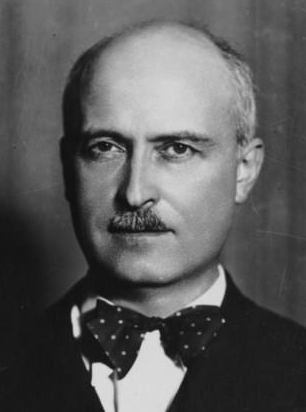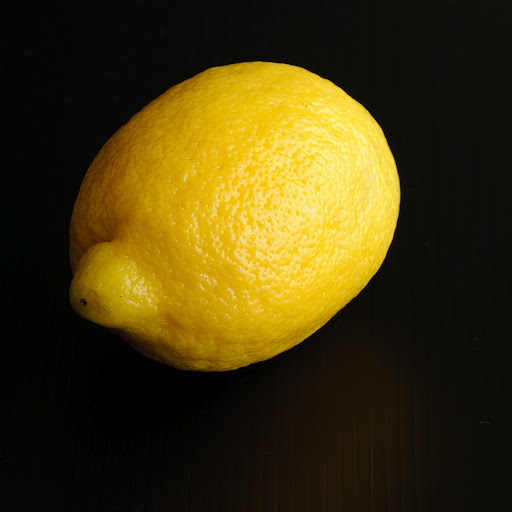The new lunchtime concert series this term got off to a vibrant start with a virtuoso performance from the St James Quintet in the Gulbenkian earlier today.
The first of Ibert’s Trois Pièces Brèves was deft and dazzling, whilst the second had some sustained and lyrical playing; the third was elegantly crafted, and demonstrated great dynamic flexibility.

The polished neo-Classicism of Hindemith’s Kleine Kammermusik Op 24 no 2 had great rhythmic verve, with an especially lilting second movement; the mini-cadenzas in the tiny fourth movement saw each player showing great assurety, whilst the final movement had excellent rhythmic punch and good control of the elaborate cross-rhythms.
The programme finished with a poised and refined reading of Reicha’s Quintet no 2 in E flat, including some fearsome agility in the bassoon in the last movement; whilst often an overlooked and neglected orchestral instrument, the bassoonist showed the instrument is no less agile than some of its more melodic brethren!
The group left the stage to an enthusiastic response from an audience clearly astonished at the virtuosity of the young players; throughout the programme the instrumentalists demonstrated controlled and accomplished playing which belies their youthful years. There’s an expressive sense of communication between the players, with some finely nuanced ensemble playing that sees them playing with great individual freedom and commitment, whilst maintaining an effortless unity as a group.
The St James Quintet will be appearing at the Dulwich Picture Gallery later in the year: keep an eye out for them, they are surely an ensemble with a promising future ahead of them.


 Reading Thomas Owens’ excellent Bebop: the music and its players, a survey of key figures in the bebop movement – Charlie Parker, Dizzy Gillespie to name but two – recently, the writer makes the following observation:
Reading Thomas Owens’ excellent Bebop: the music and its players, a survey of key figures in the bebop movement – Charlie Parker, Dizzy Gillespie to name but two – recently, the writer makes the following observation: Hi, I’m Gemma. I have joined Kent to do my MA in Theatre Dramaturgy (yes this is a subject!). One of the reasons I chose to come to Kent was its wide range of musical activities and the chance to be awarded a scholarship for musical ability. Having recently completed my undergrad in classical music from the University of Liverpool, I wanted to find a university that both satisfied what I wanted from my course and that had a strong musical ethos and Kent had both of these things.
Hi, I’m Gemma. I have joined Kent to do my MA in Theatre Dramaturgy (yes this is a subject!). One of the reasons I chose to come to Kent was its wide range of musical activities and the chance to be awarded a scholarship for musical ability. Having recently completed my undergrad in classical music from the University of Liverpool, I wanted to find a university that both satisfied what I wanted from my course and that had a strong musical ethos and Kent had both of these things.


 Whilst over on
Whilst over on  Events kick off in a few week’s time with the award-winning St James Quintet opening the Lunchtime Concert series for the term with an eclectic programme for wind quintet. February begins with a bang as the Concert and Big Bands storm back to the Gulbenkian in ‘Nice ‘n’ Easy,’ with a selection including classic Duke Ellington and pieces fromWicked, to name but a few; the Chamber Choir will take you on an evocative journey ‘From Morn to Midnight‘ in the intimacy of Canterbury Cathedral Crypt towards the end of the month.
Events kick off in a few week’s time with the award-winning St James Quintet opening the Lunchtime Concert series for the term with an eclectic programme for wind quintet. February begins with a bang as the Concert and Big Bands storm back to the Gulbenkian in ‘Nice ‘n’ Easy,’ with a selection including classic Duke Ellington and pieces fromWicked, to name but a few; the Chamber Choir will take you on an evocative journey ‘From Morn to Midnight‘ in the intimacy of Canterbury Cathedral Crypt towards the end of the month. March promises to be an epic month; there’s the glory of the Colyer-Fergusson Cathedral Concert as the Chorus and Symphony Orchestra unite in Haydn’s Creation; student and staff musicians in Jazz @ 5; the exciting prospect of Korngold’s lyrical second string quartet with the Brodskys; exoticism from the Bamboo and Silk Ensemble; not one – not two – but three bands as the Concert and Big Bands team up with St. Edmund’s School for Big Bands3, before the term finishes with a valedictory lunchtime concert at St Peter’s Church in Canterbury from the newly-founded University Mistral Ensemble and the Chamber Choir.
March promises to be an epic month; there’s the glory of the Colyer-Fergusson Cathedral Concert as the Chorus and Symphony Orchestra unite in Haydn’s Creation; student and staff musicians in Jazz @ 5; the exciting prospect of Korngold’s lyrical second string quartet with the Brodskys; exoticism from the Bamboo and Silk Ensemble; not one – not two – but three bands as the Concert and Big Bands team up with St. Edmund’s School for Big Bands3, before the term finishes with a valedictory lunchtime concert at St Peter’s Church in Canterbury from the newly-founded University Mistral Ensemble and the Chamber Choir. Phew.
Phew.
